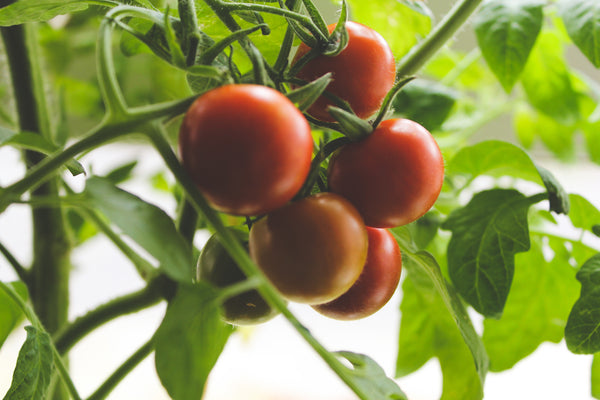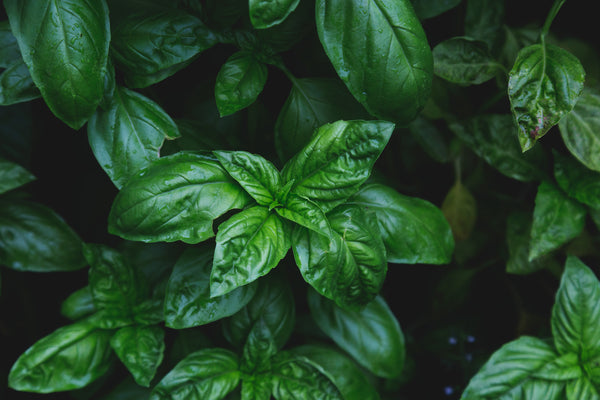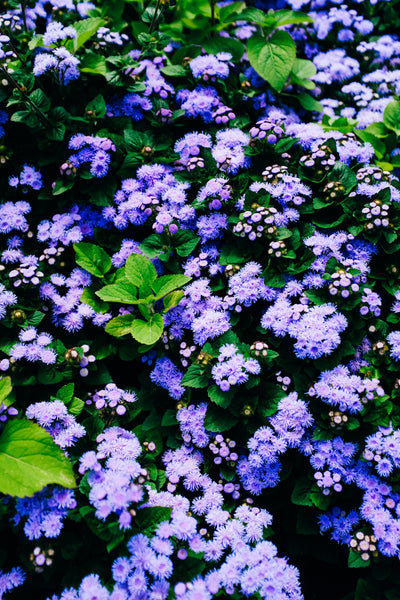Seed the City is a youth work experience program that teaches high school students how to grow, harvest, and share food grown on school grounds in the Greater Victoria School District. Beyond a place where students can gain food literacy and hands-on skills, our program gets youth involved in Victoria’s local food community and allows them to explore career pathways in agriculture.

In partnership with SD61 and TOPSOIL Innovative Urban Agriculture, we’ve worked to transform underutilized school grounds into small-scale farms, providing a learning environment for the next generation of farmers and food leaders. Our micro-farms use innovative above-ground farming technology that produces large quantities of food in containers. This modular system offers schools an opportunity to test out large-scale food production at their site without major infrastructure changes or upfront costs. The hope is that these “micro-farms” will help to inspire more school districts to support on-site food production that is integrated with educational experiences for students.

2021 was our third year running the project and the generous donation of seeds from West Coast Seeds allowed STC resources to go even further. Running an in-person program during the pandemic has been challenging, but we’re fortunate to have the support of funders and partners, and a great group of staff, volunteers, and of course students!

Seed the City provides direction, routine, and concrete skills. In a time where so many things are uncertain and anxiety, depression, and other mental health issues are on the rise in youth, STC is a landing place for students. The project grounds them (literally). We plant more than just seeds. By connecting youth with innovative food systems, we transform the way students understand and engage with the land and the food grown on it. Students gain confidence, nutritional knowledge, and get to work together, but they also learn how to think critically about food and where it comes from. And they become actively involved in the food movement in our city.

We build relationships with local agriculture through field trips and visits from local knowledge holders. Our most recent program saw students learn from Jesse Brown of Mason Street Farm, Ariel and Danyelle from Palenke Greens/IYÉ Creative, PEPÁḴEṈ HÁUTW̱ in SṈIDȻEȽ (“place of blue grouse” in SENĆOŦEN), Heather from Northbrook Farm, and many more.

What students learn at Seed the City is transferable knowledge that they can take with them for the rest of their lives, sharing with others along the way. When asked about how Seed the City impacted their life, a student shared: “Programs in high school like Seed the City are very important because I feel like the majority of high school students are a bit lost. Stepping into a program where you know you’re going to learn so much can help you gain not only work but life experience.”

Another student told us, “Before joining the program I hadn’t really focused on what I eat, but after learning about food I have been paying attention to what I eat. I also share what I learned about the program with other people, especially with my family.” Food can be a mystery and healthy eating is a challenge. STC fills a gap in food knowledge that creates a foundation for a healthier future, not just for these students but for their families and future generations.

Teaching how to garden provides independence and gives students the power to feed themselves healthy, nutritious, fresh food. It also teaches a reciprocal relationship with the land that will be helpful for high school students as they navigate the transition into adulthood. By engaging with the food system, students gain a respect for the environment that leads to creating a more sustainable future.




